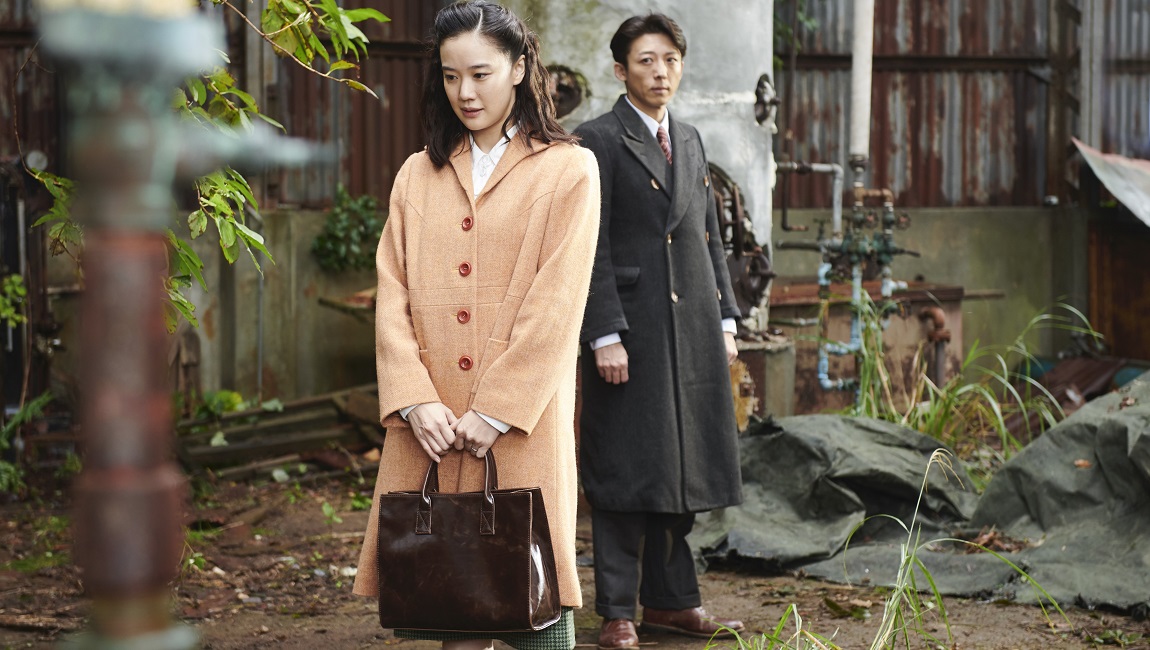Ding (Fan Wei) is the director of a farm during the heyday of the second Sino-Japanese war. He’s been tasked by a group of shareholders to oversee the farmers and to maintain the status of the farm, which is something that proves difficult for him to accomplish. Ding is, in a sense, a practical man: he decides to cut corners with those who rank below him, and tries to win favoritism with those that are above him in the farm’s hierarchy. He pays the wages of his workers modestly, supplementing their income by supplying them with things that they’ve asked for (or haven’t asked for), like a wedding gift for a marrying daughter. Ding also makes frequent trips to a nearby city, to speak with, and to give soft bribes to, his patron, the Third Madam (Shi Yihong), so she may use her influence among the farm’s stockholders to prevent Ding’s replacement.
Things shift in Mr. No Problem, however, when Qin (Zhang Chao), a young artist, takes up residence at the farm, and plans to open an art gallery. It’s in the back-and-forth between Ding and Qin that Mei Fang’s film finds its footing, and its humorous tone — and its thanks in large part to Fan and Zhang’s vivid performances. Ding can be characterized as somewhat corrupt, but always reconciling, while Qin is a slacker who could incite a revolution among the workers if he so wanted; both strive to retain their status at the farm, and it is the respective struggles of these men that fuel the film’s central drama. But Mr. No Problem also moves swiftly — despite its 150-minute runtime, and its largely static, black-and-white cinematography — thanks to the direction of Mei, who had previously collaborated on screenplays with filmmaker Lou Ye, and who brings a striking visual sense, and economical editing, to Mr. No Problem. His film also gradually reveals itself as a kind of metaphor for subsequent Chinese history; Ding even has a bit of a Mao look to him.
Published as part of CineCina Film Festival 2019.







